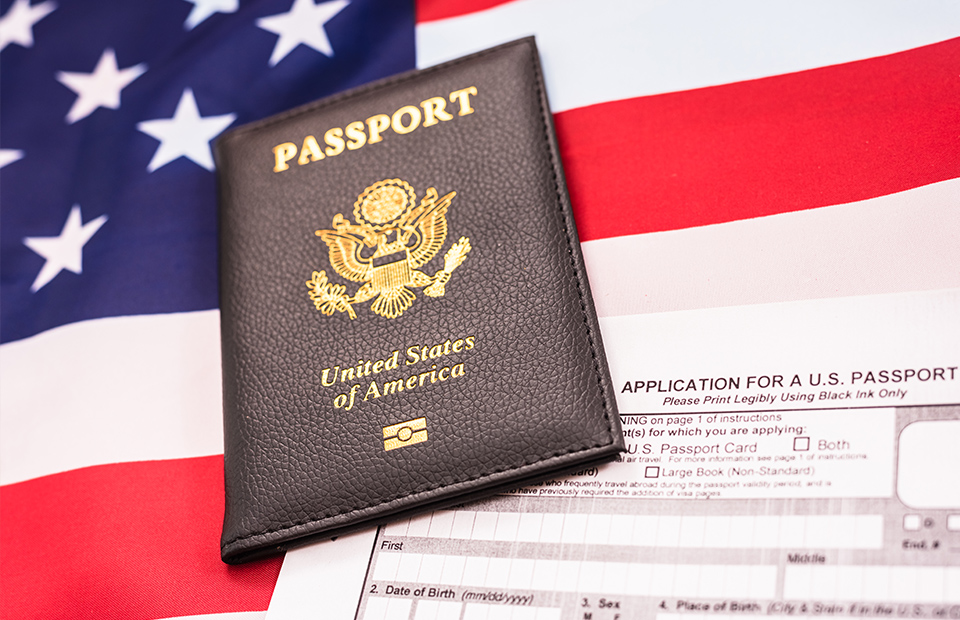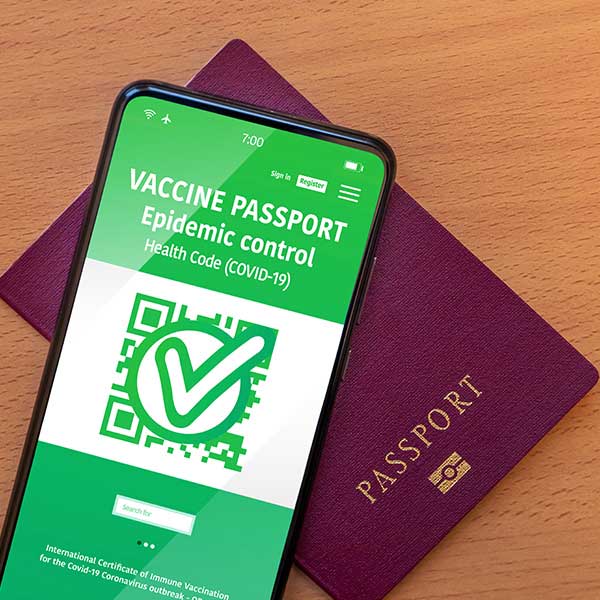Colavecchio & Colavecchio
The Role of DNA Testing In Family-Based Immigration
- Competitive Prices
- High Success Rate
- Expert Lawyers
- Customer Centric
Book Your Consultation
We are Proud Members of the Following


When reliable proof is unavailable, genetic testing—often aided by DNA tests and DNA test kits—serves as a crucial tool for confirming claimed biological ties, particularly in the context of applications for immigrant visas (IVs).
These tests are essential for determining the existence of connections such as paternity, maternity, and full or half-siblingship. It is impossible to overestimate the importance of DNA testing in family-based immigration since it provides accurate and tangible information on claims of family links, allowing for a fair and accurate immigration procedure.

Verification of Biological Relationship
Verifying biological ties is crucial in the immigration context, particularly when establishing links between family members for visa applications. In situations when other types of evidence may be inadequate, insufficient, or completely unavailable, DNA testing gives an unmistakable means to suggest and undertake detailed analyses of biological links, such as parent-child or sibling relationships.
DNA evidence offers unquestionable proof of the biological kinship between family members by collecting and analyzing DNA samples, which are frequently acquired through a quick and non-invasive technique. This scientific method of confirming biological linkages is essential for guaranteeing the precision and integrity of immigration processes and building trust in the evaluation of familial ties.
Documentary Evidence Support
The use of DNA testing becomes essential when there is a lack of reliable documentation proof to support a claimed biological tie for immigration reasons. A trusted substitute is suggested DNA testing, made possible by a DNA test kit directly sent to the parties in question. The procedure is collecting DNA using the provided test kit, which people may use with ease.
The resultant DNA proof provides strong corroboration, enhancing the validity of asserted familial relationships. By providing actual scientific evidence of the claimed biological links, this method not only supports the correctness and legality of immigration petitions but also speeds up the evaluation process.
IMMIGRATION LAW
OFFICE HOURS
Mon: 9:00 AM - 3:30 PM
Tue: 9:00 AM - 3:30 PM
Wed: 9:00 AM - 3:30 PM
Thu: 9:00 AM - 3:30 PM
Fri: 9:00 AM - 3:30 PM
Sat: Closed
Sun: Closed
Preventing Fraud and Misrepresentation
By serving as a disincentive against false claims and misrepresentations about familial links, DNA testing serves an important role in maintaining the integrity and correctness of the immigration system. Acquiring blood or other DNA sample collection techniques achieves accurate and conclusive test findings. The Combined DNA Index System (CODIS), a comprehensive database that assists in confirming family ties, can be used to store the information obtained from these tests.
Authorities can verify the veracity of familial links stated throughout the immigration procedure by comparing the DNA profiles of different people. This precautionary step helps maintain family life by guarding it against potential fraudulent actions while also ensuring the legitimacy of the immigration system.
Reuniting Families
Reuniting families that have been split apart by distance is made possible thanks in large part to DNA testing. DNA testing is crucial in establishing links and allowing eligible family members to join relatives who have already secured residency in another nation when families are scattered across many countries.
Conclusive and accurate DNA test results can be acquired using DNA test kits and analyzing DNA samples afterward. These findings offer unmistakable proof of kinship ties, simplifying immigration procedures and aiding in the reconciliation of split-up families (temporary or permanent). Genetic testing’s precision and dependability, together with DNA test kits’ accessibility, are essential for reestablishing familial ties and bringing separated loved ones back together.

Overcoming Documentation Challenges
DNA testing is a helpful and workable way to establish and verify familial ties in difficult situations when important documents or official papers are unavailable due to political upheaval, natural catastrophes, or similar conditions.
It is crucial to recommend and carry out DNA testing when dealing with these paperwork difficulties. Family members are welcome to donate DNA samples, subsequently examined to produce concrete DNA proof. This proof offers a way to traverse the immigration procedure when traditional documentation is corrupted or unavailable, serving as a trustworthy and unmistakable witness to the biological links within the family. DNA testing successfully fills the vacuum left by paperwork issues, guaranteeing precise family links verification and assisting in the smooth evolution of immigration petitions.

Promoting Fair and Objective Assessment
When people assert a biological link for immigration purposes, recommending DNA testing and giving a DNA test kit to the persons in question immediately assures an objective assessment. The procedure entails the collection of DNA samples using the provided test kit, which is then processed to produce test findings with a scientific basis.
These findings provide unequivocal and unchallengeable evidence of the purported biological link, enabling immigration officials to make a decision based on factual and trustworthy information. The immigration system may improve decision-making accuracy and fairness by using DNA testing, which will help to create a more egalitarian procedure.
Addressing Doubts and Discrepancies
When doubts or inconsistencies arise regarding the veracity of asserted familial links during immigration procedures, DNA testing becomes a potent instrument to give a definitive resolution. Accurate test results are produced, providing a clear evaluation of family ties through the collection of blood samples or other DNA sample-collecting procedures. The Combined DNA Index System (CODIS) allows for the secure storage and comparison of the data obtained from these tests, assisting immigration officials in making well-informed choices.
DNA testing guarantees the fairness of the immigration process, upholds the sanctity of family ties, and aids in the more accurate and equitable assessment of immigration eligibility, eventually promoting stability and harmony in family life.
Conclusion
Finally, it should be noted that DNA testing plays a crucial part in family-based immigration and that its importance cannot be overstated. This scientific approach uses DNA testing and kits to deliver tangible and trustworthy insights into familial links, confirming asserted relationships. The production of thoroughly examined DNA test results, which help confirm or deny claims of familial ties, strengthens the legitimacy of the immigration process. DNA testing will continue to be a key component of immigration rules as genetic technology develops further since it offers a foundation for establishing familial ties and preserving the integrity of immigration systems across the world.
Colavecchio & Colavecchio invites you to embark on an exciting journey with us as we fully commit to achieving your immigration goals. Take the helm and negotiate the complex immigration terrain with the help of our dedicated staff. We provide a wide range of services, such as getting green cards, allowing easy status changes, streamlining citizenship and immigration procedures, and delivering crucial support for petitions for both parents and children. Contact us today, and let us serve as your reliable guides as you go toward a better and more prosperous future. Select Colavecchio & Colavecchio, where we are completely devoted to offering services in immigration law.
